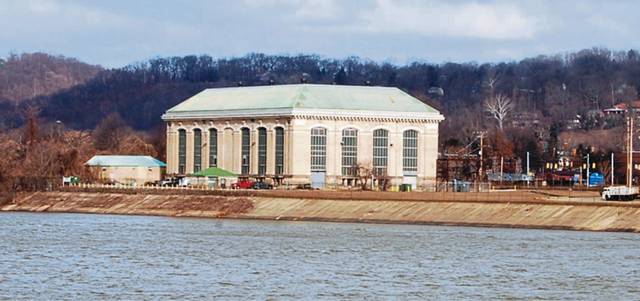The Pittsburgh Water and Sewer Authority on Monday will complete the last phase of adding a lead inhibiting chemical to its water system, officials said Friday.
PWSA will begin adding orthophosphate, which coats the inside of pipes and prevents lead from leeching into drinking water, at the Highland 1 Reservoir in Highland Park.
Authority spokesman Will Pickering said Highland 1 provides water to residents in Pittsburgh’s East End neighborhoods.
Paul Leger, who chairs the PWSA board of directors, noted that after Monday, orthophosphate would be distributed throughout the entire system.
“That should make a great difference in the lead readings that we get in the future,” he said. “It’s going to be six months before we see the (full) effects of that just because it’s a process that takes some time.”
The reservoir remains off line for repairs, so the authority will add the orthophosphate to water pumped from its waterworks near Aspinwall to piping at Highland 1 for distribution throughout the East End. PWSA constructed two buildings near the reservoir to add the chemical.
Could discolor water
Officials said the addition of orthophosphate could cause temporary water discoloration, but they’ve received no complaints so far.
Customers with discolored water should run cold water at the lowest point in their home for about 10 minutes or until the water clears. They should repeat the process after 30 minutes if the water does not clear up.
If discoloration persists, they should call PWSA customer service at 412-255-2423.
PWSA has struggled since 2016 to reduce lead levels in water that exceeded a federal threshold of 15 parts per billion. The most recent test results released in January indicated lead levels of 20 ppb from July to December.
The authority is addressing the problem by replacing all lead waterlines in its service area, which includes about 300,000 people in Pittsburgh and the surrounding area, and by adding orthophosphate to water.
PWSA Executive Director Robert Weimar said the authority has replaced about 700 lead waterlines so far this year. It includes about 300 PWSA lines and 200 owned by residents.
The authority plans to replace 4,400 lines by June 2020.








